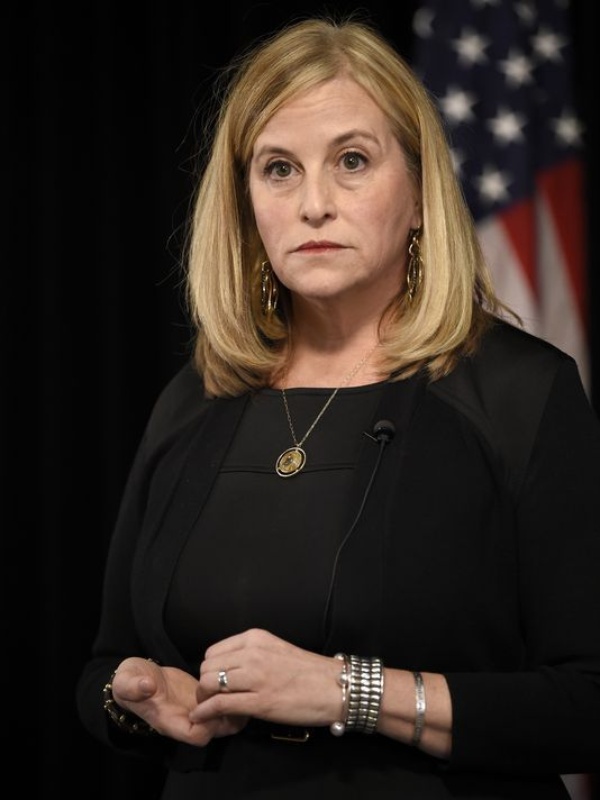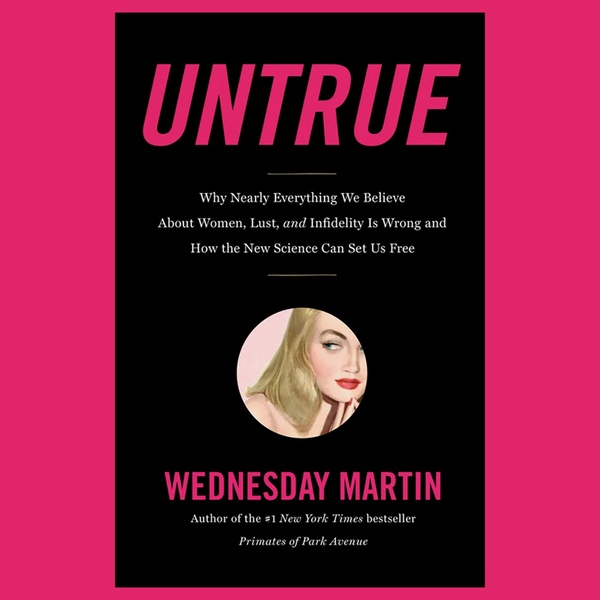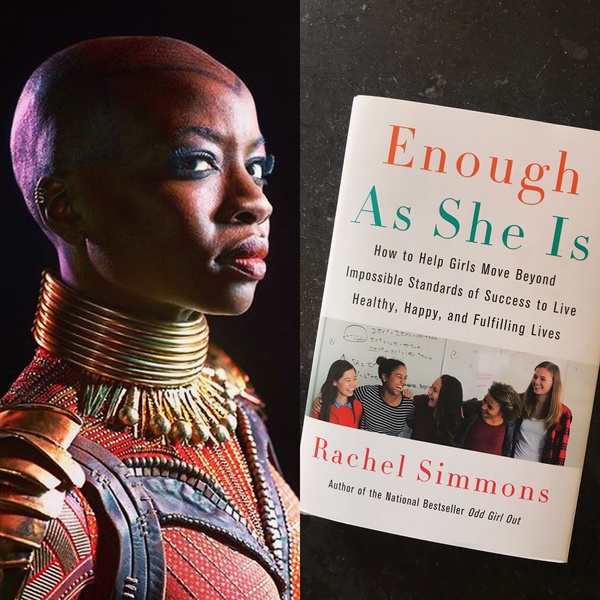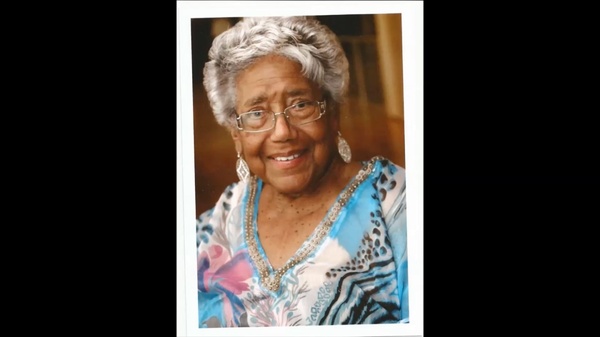In Praise of Impure Women

As I have often said on this blog and elsewhere, our society is deeply uncomfortable with female autonomy, especially as expressed through sex. As a result, it has produced a number of narratives to control women and their sex lives. One of the oldest and most effective of these is the purity myth. That is, society’s obsession with female virginity and valuing women based on sexual constraint. In many religiously conservative communities, this is even enforced with pledges and paraphernalia like rings. However, this myth does not only root itself amongst the religiously conservative; its assumptions are shared by the culture at large. But women now more than ever are pushing back against its demands on their lives. A great example of this can be found in the work of Amber Rose. For years Rose has been bashed for her forthright sexuality and has been hounded by her ex Kanye West, who like a petulant teenager claimed he had to “take 30 showers” after their relationship before he could be with another woman. Rather than stoop to her misogynistic critics level, Rose has become an outspoken advocate for women embracing their sexuality, creating an annual SlutWalk that has drawn thousands into the streets to reject a society that shames women for engaging in sex. In pop culture, women who embrace their sexuality have often been cast as femme fatales, dangerous and not to be trusted. For many years, these characters were maligned and ignored, but we now are beginning to see new appreciation for their value as subversions of patriarchal norms. As film critic Abbey Bender recently noted in a viral tweet, these characters have also frequently been sheathed in white—the ultimate symbol of purity. By appropriating symbols of purity culture and mixing them with female ambition, rage, violence, and sexuality, these women rejigger our understandings of power and sex along lines of gender. And as I wrote in the wake of Harvey Weinstein revelations, our embrace of female sexuality is crucial to our healing of wounds caused by seeing women as objects. Screw purity, let women have their “perverse” desires freely and fully.








